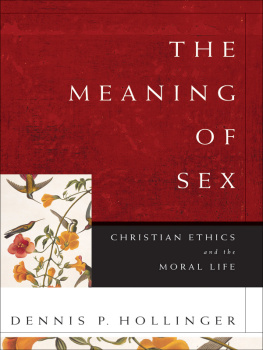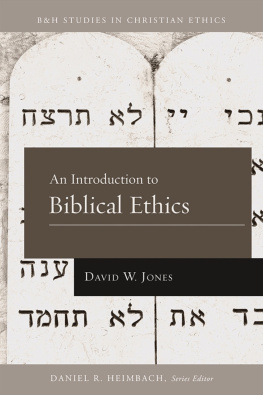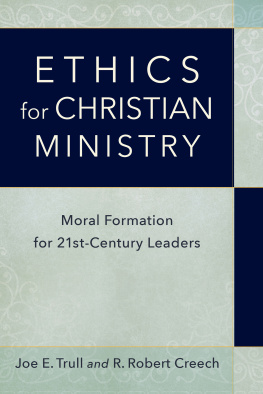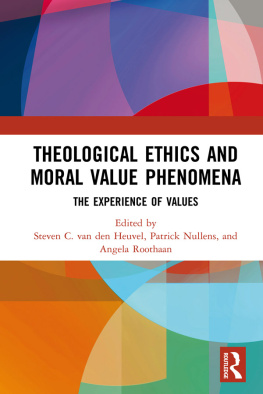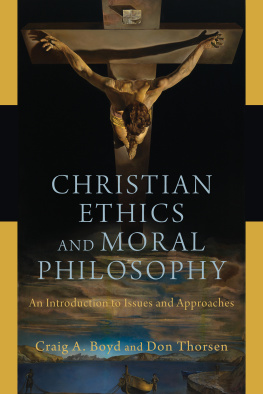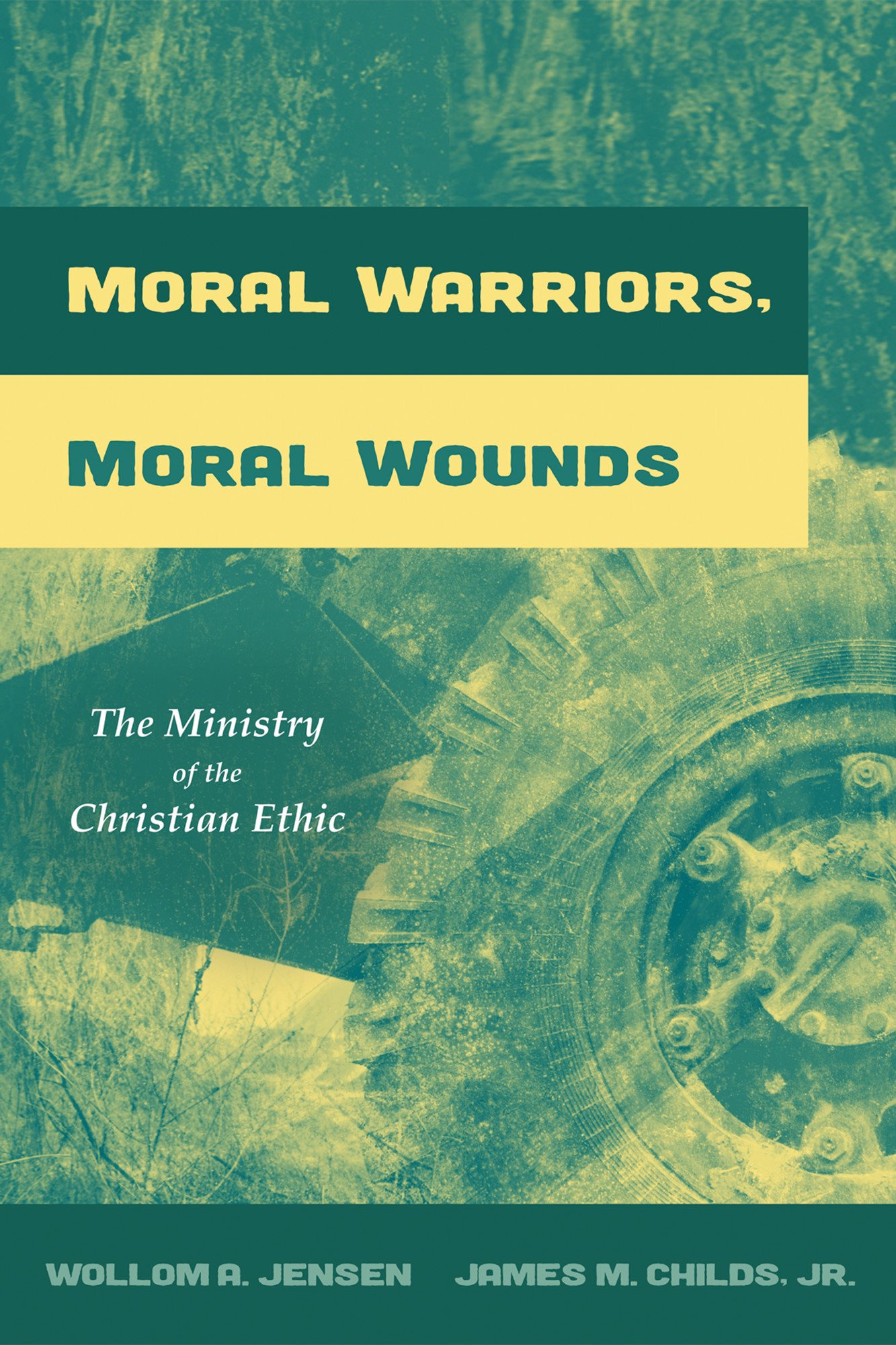Chapter One
By Way of Introduction
T his book is a thoroughly collaborative undertaking. At the same time, we each bring distinct experiences and qualifications to the task. Therefore, it seems good to us that we offer separate introductory comments in this opening chapter in order to give the reader a sense of what each of us brings to the conversation from our personal and professional formation.
Wollom A. Wally Jensen
St. Francis of Assisi was born into a culture of violence. Wars between city-states such as Assisi and Perugia were common and the tribal culture served to separate communities from one another are not unlike those which we experience in the twenty-first century. In 1202 at age twenty Francis became a soldier and went off to battle in a war between Assisi and Perugia. During this particular battle the Perugians defeated the Assisians. Francis was wounded during the battles and made a prisoner of war. For a long year Francis languished in a Perugian prison and was released only when his health began to deteriorate. While being held as a prisoner of war Francis began to reflect upon his life and his service as a soldier. As his health returned Francis continued to contemplate spiritual things more deeply. Eventually, Francis metamorphosized into the gentle monastic that many of us recognize today. Quite possibly Franciss health was complicated as a result of the moral injuries suffered by everyone who undergoes armed conflict as a warrior. In a very real and personal way for me, this part of the story of St. Francis is my story as well.
At age nineteen I entered into service in the United States Army as a volunteer draftee. I had spent my high school years involved in social activities such as band and athletics. I had been named All Conference in football, and was made the student director and first chair trumpet of my high school band. I had my own car, many friends, and enjoyed a relatively carefree life. I did well enough academically that I never worried about being accepted in a college and entertained dreams of going off to attend university at place like the United States Naval Academy, St. Olaf College, or the College of William and Mary. My mother and father had divorced when I was four years old, and I had been in the custody of my dad. My dad died of complications resulting from a stroke when I was sixteen and one of my dads younger brothers became my guardian. Although no one in my family had graduated from college, it was assumed that I would attend a university and when I mentioned my interest in the three schools above I was told that I could go to any college I wanted to as long as it was in North Dakota. My options were obviously limited so I chose to enroll in the University of North Dakota at Grand Forks. Because of my immaturity, my anger about having been denied going to a school of my choice, and my carefree attitude, there was not much chance that I would be successful at the university level, and I wasnt. Social fraternity activities, the university marching band, and friends were high on my list of interests while study halls and class attendance were very low priorities. By the end of the second semester I had been invited by the dean of the College of Arts and Sciences to take a leave of absence from the university due to my exceptionally poor academic performance. In June, at the conclusion of my first academic year, I volunteered for the draft, and in August I was called up and found myself on my way to basic training at Ft. Lewis, Washington. Following graduation from Army Signal School at Ft. Gordon, Georgia and thirty days of leave over Christmas, by mid-February, 1968 I found myself in the Republic of South Vietnam assigned to the 125t Signal Battalion of the 25th Infantry Division. I arrived at Cu Chi, South Vietnam in the final throes of the 1968 Tet Offensive.
While I have no intention of drawing too close a parallel between my experience and that of St. Francis, I do have some understanding of his experience as a warrior and of being in combat. I know what it is to live with fear; to be appalled by the loss of human life; to be shamed by the experience of participating in war; and the feeling of having lost ones youth in ways that those who have not been to war will never be able to understand. I have experienced my own moral injury just as Im convinced that St. Francis experienced moral injury. Not unlike Francis, I have sought relief from those injuries in the spiritual life and discipline of the church and in the call to ordained ministry in the church of my birth. Unlike Francis, however, I did not find my spiritual center of healing in a monastic community but rather in the community of warriors known as the United States Navy, where I spent nearly twenty-five years as a Sailor and chaplain to Sailors and Marines. It was in serving Sailors and Marines in the Sea Service that I came to feel that my combat experience was validated in that others shared my experience, gave it value, and affirmed it. I also came to realize that I had been injured morally, and that I had something to offer to other warriors by way of empathic pastoral care for them and their injuries as well. In a very real and personal way when I became a Navy chaplain it felt as though I had come home.
In this book my friend and colleague, Jim Childs, and I have attempted to articulate the ministry of military chaplaincy, the nature of moral wounds, and a way of reflection on the nature of war that is firmly grounded in the moral theology of the Christian community. It is our intention that this ethical reflection will be helpful to seminary professors who mentor chaplains or aspiring chaplains as they play key roles in the formation of those women and men for service in the ordained ministry of the church. We also intend that this book will serve as a pathway for those engaged in the work of chaplaincy within the military and in the veterans communities where much of the healing work for veterans begins with the development of safe and sacred spaces in which to engage in the difficult and painful work of spiritual reflection. Finally, it is our hope that those warriors who are carrying a burden of guilt and shame will come to understand that not all wounds or injuries are necessarily fatal. There are at least three wounded warriorsSt. Francis of Assisi; St. Ignatius of Loyola; and Wally Jensenwho through their own spiritual reflection and journeys, came to an understanding and awareness that God finds us where we are and reconciles us to himself through the bounty of his grace.
I hope that commanders who read this book will come to understand that they as well as those whom they command in combat are morally wounded. Those moral injuries are not always apparent. Frequently those moral injuries manifest themselves in medical problems that take on the characteristics of malingering. It is also not unusual that those moral injuries are acted out in disciplinary problems and inappropriate behaviors such as uncontrolled anger, family abuse, substance abuse and self-medication, and being absent without leave. Poor performance of duties may often be a sign of the presence of moral and spiritual injury.
Parish clergy and members of congregations as well who read this book may be helped to understand their moral and spiritual culpability in the burden of shame and guilt born by those who have gone to war on their behalf. Thank you for your service, while well intentioned, does not carry the water unless it also carries the understanding of what that service entailed. It is important for both clergy and laity to understand that while there are indeed physical, psychological, and emotional injuries such as Traumatic Brain Injury, Post-Traumatic Stress, and others that require medical or psychological treatment regimens, there also injuries to the soul of warriors who have been involved in combat. These soul injuries are not medical or psychological in nature and therefore require a different modality of treatment. These soul injuries require what might be termed a faith-based modality. These injuries are theological and spiritual in nature and need to be treated with the tools of religion in order to bring about both spiritual healing and spiritual resilience. This reality obviously puts faith communities, congregations, clergy, and faithful laity on the front lines of spiritual triage and treatment. Unfortunately, most faith communities are ill equipped to respond to such injuries.


